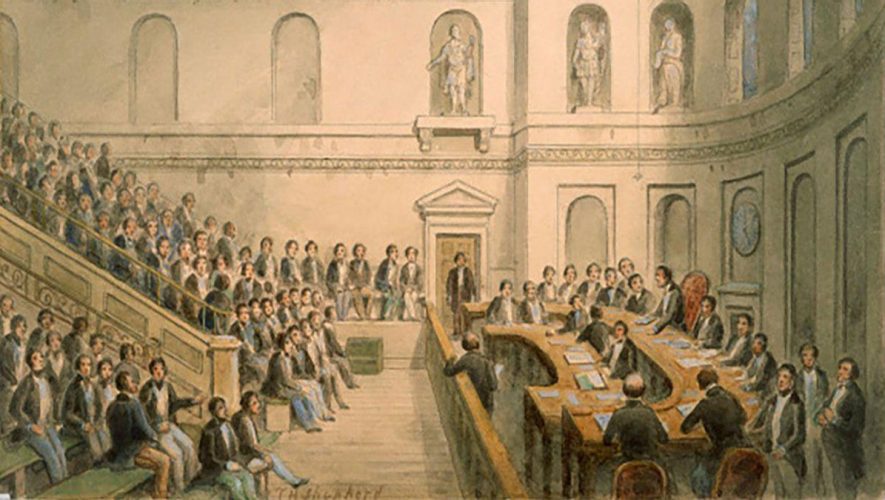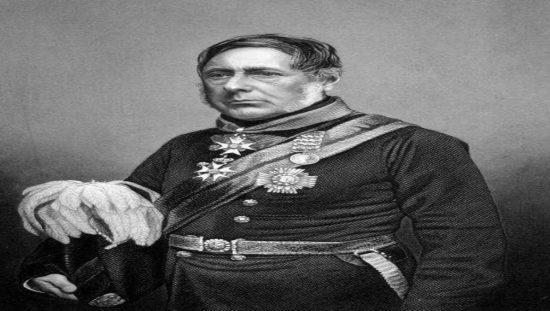Although, before 1813, Missionaries and various religious groups had brought some basic education non-officially to the Indian masses but it was through the Charter Act that a state system of education was officially introduced in Indian history. In this unit, we are going to discuss and identify the significance of the Charter Act and Macaulay’s Minute during the British period in India. In the 18th century, it was the Christian missionaries from whom the Indian masses basically received religious education pertaining to Christianity.
But when the East India Company came to India they did not allow the missionaries for the propagation of the religious education to the common people in India. Because they felt that the education from the missionaries would encourage the religious sentiments among the people in India that could affect the business policy and the diplomatic role of the East India Company.
Therefore, from 1793 to 1813 the company did not permit the missionaries to work for the Indian people. Thus, it created an agitation against the East India Company that the Company was opposed to the teachings of Christ and neglected to provide education for the Indians. Interestingly, the agitation was supported by many in England and ultimately made a conclusion by introducing an education clause which is known as Charter Act of 1813. Hence, this Act ultimately made a State system of Education in India.
The Education Clause
In this clause, the basic statement or condition of the British Government was : “It shall be lawful for the Governor-General-in-Council to direct that out of any surplus which may remain of the rents, revenues, and profits arising from the said territorial acquisition, after defraying the expenses of the military, civil and commercial establishments and paying the interest of the debt in manner hereinafter provided, a sum of not less than one lac of rupees each year shall be set apart for the revival and improvement of literature and encouragement of the learned natives of India, and for the introduction and promotion of a knowledge of the science among the inhabitants of the British territories in India.”
Thus, it was the clause in which the first time in the Indian soil; official money of rupees one lac was allotted to expand the education of the Indians. This clause of the Charter Act of 1813 compelled the East India Company to accept responsibility for the education of the Indian people. As a result, from 1813 to 1857, the company opened many schools and colleges under their control which laid the foundation of the English system of education in India.
Importance of the Charter Act of 1813
The Act of 1813 appears to be historically a landmark on several points of consideration.
- The British administration in India had for the first time realized its educational responsibility with the Charter Act of 1813.
- It had sanctioned a big sum of rupees for the first time to serve the cause of Indian education.
- Accordingly, the Act proposes 1 lakh of rupees for Indian education.
- The British administration had realized that they had the official responsibility to remove the poverty and illiteracy of the Indian people.
- The company was also legally responsible for educational development in the country.
- The Charter Act of 1813 open the way to western literature and culture in India.
- The later educational and political developments in British India owe their origin to this Charter Act of 1813.
Impact of the Charter Act of 1813 on Indian Education
Charter Act of 1813 on Indian education is said to be historic. It had decided on the future course of its development. It makes the beginning of an era of modern Indian education in the country. All the later educational developments in British India virtually originate from the provisions of the Act. Its major impacts are as follows:
- The Act had indicated a powerful step of the British Parliament towards the development of Indian education.
- The British legislators had for the first time realized that financial assistance was needed from the administration for improvement of education in India.
- The Act had made it clear that taking up of educational responsibility of Indian education by the East India Company was a legal responsibility to be performed.
- Also, the Act had made the Company realize that a part of the profit derived out of the trade and commerce in the Company needed to be set apart for the educational well being of the Indian people.
- The Act had legalized and virtually opened up the way for Western Knowledge, literature, and science to develop in this country.
The Above realization of the Charter Act had a relative impact on shaping the future pattern of Indian education.
Courtesy: KKHSOU, OurEducare
OTHER RELATED POSTS



